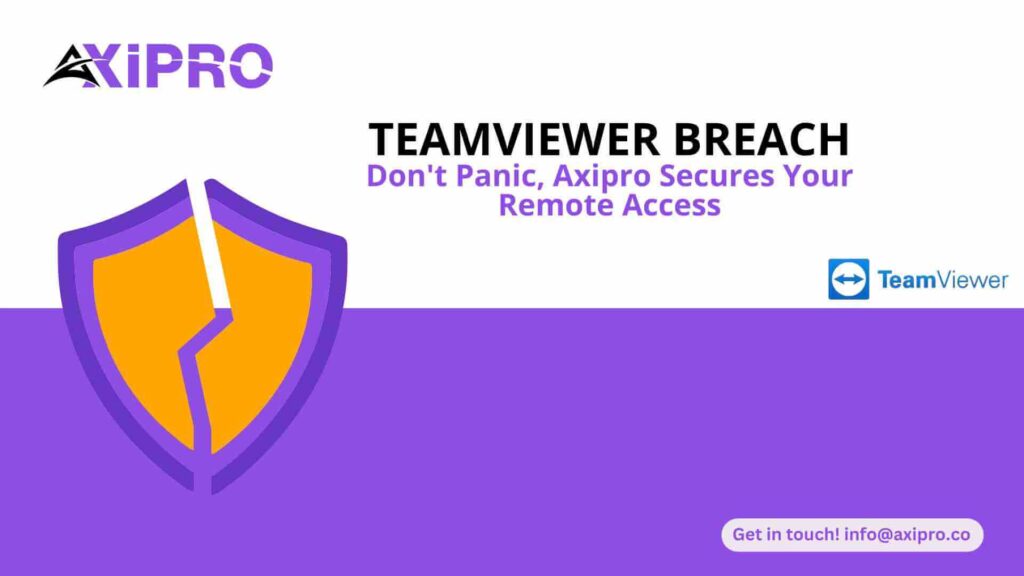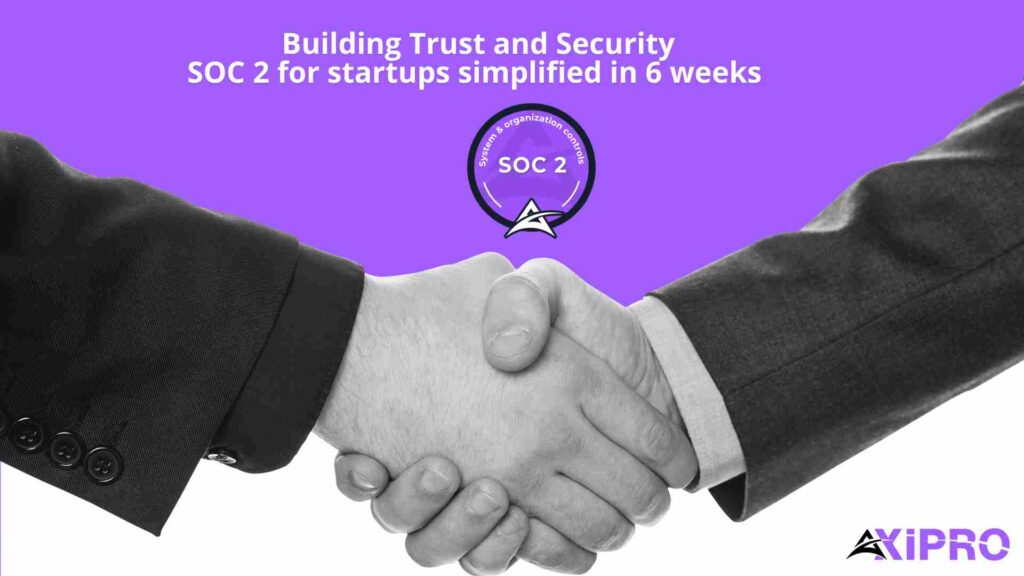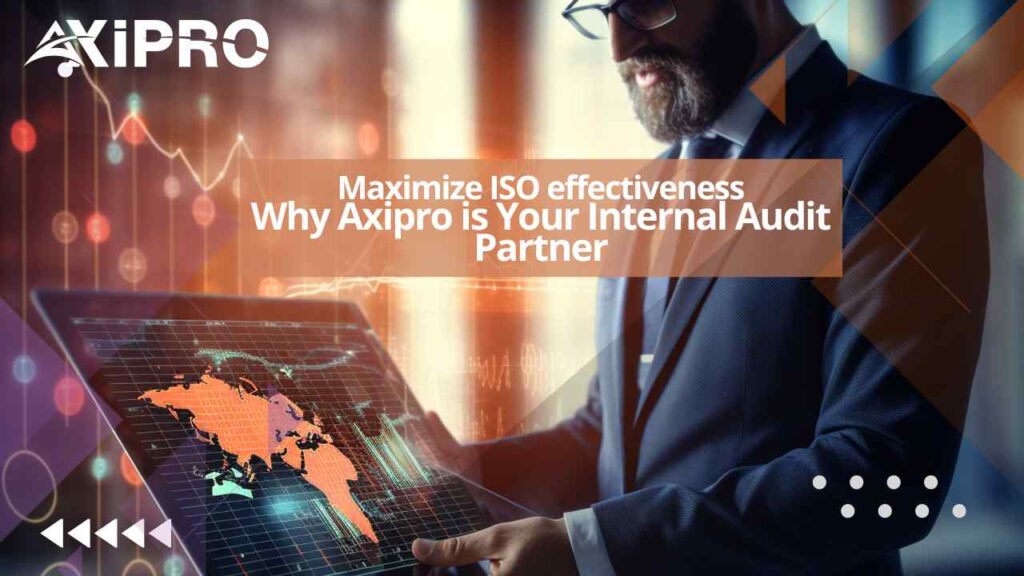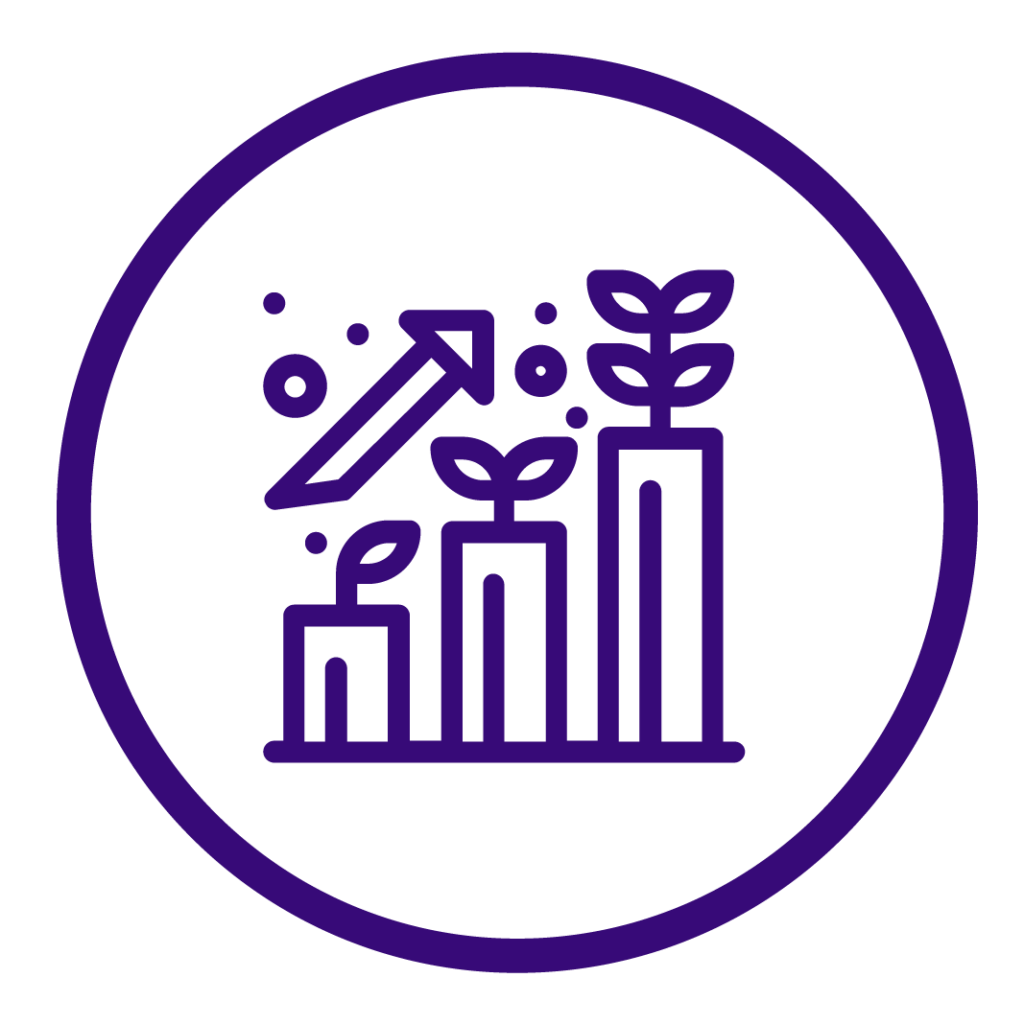In the ever-competitive landscape of the US market, standing out from the crowd is crucial. Customers are increasingly demanding quality, consistency, and a commitment to continuous improvement.
This is where achieving ISO 9001 certification comes in. Developed by the International Organization for Standardization (ISO), ISO 9001 is the world’s most recognized quality management system (QMS) standard.
By implementing a QMS that adheres to ISO 9001 guidelines, US businesses can unlock many benefits, propelling them toward sustainable growth and success.
Understanding ISO 9001: A Framework for Excellence
ISO 9001 is a set of internationally recognized guidelines that outline the essential elements of a robust quality management system. It is not an industry-specific standard, making it applicable to organizations of all sizes and sectors across the US.
The core principles of ISO 9001 focus on:
Customer Focus: Understanding and exceeding customer requirements is paramount.
Leadership: Strong leadership commitment drives a culture of quality.
Engagement of People: Employees at all levels are empowered and involved.
Context of the Organization: Understanding internal and external factors impacting the organization.
Continuous Improvement: A relentless pursuit of improvement in all processes.
Decision-Making based on Evidence: Data-driven decision-making for enhanced effectiveness.
Relationship Management: Building strong relationships with suppliers and partners.
Implementing a QMS aligned with ISO 9001 offers a structured framework for streamlining operations, minimizing risk, and maximizing efficiency. This translates into several key benefits for US businesses:
Enhanced Customer Satisfaction: Consistent quality and a focus on customer needs lead to increased customer satisfaction and loyalty.
Improved Operational Efficiency: Streamlined processes minimize waste and redundancies, leading to cost savings and improved productivity.
Reduced Risk: Proactive risk identification and mitigation strategies minimize potential issues and ensure product and service quality.
Increased Competitive Advantage: ISO 9001 certification demonstrates a commitment to quality, giving your business a competitive edge in the US market.
Global Market Access: ISO 9001 certification is recognized internationally, facilitating entry into new markets and attracting global partnerships.
Embarking on the ISO 9001 Journey: A Roadmap for US Businesses
Achieving ISO 9001 certification is a strategic decision that requires commitment from leadership and involvement across all levels of the organization. The process typically involves the following steps:
Gap Analysis: Assessing your current QMS against the requirements of ISO 9001 to identify areas of improvement.
Documentation Development: Develop or revise documentation to outline your QMS processes, policies, and procedures.
Implementation and Training: Implementing the QMS across the organization and providing training to employees.
Internal Audit: Conducting an internal audit to verify the effectiveness of your QMS.
Management Review: Senior management conducts a review of the QMS to assess effectiveness and identify areas for improvement.
Certification Audit: An external certification body conducts a formal audit to verify compliance with ISO 9001 standards.
While this process may seem daunting, numerous resources are available to assist US businesses in their pursuit of ISO 9001 certification. A valuable starting point is axipro.co, a leading provider of quality management training and resources.
Additionally, partnering with an experienced ISO 9001 certification company in the US can significantly streamline the process, providing expert guidance and support.
Axipro: Your Partner on the Road to ISO 9001 Success
Axipro is a leading provider of management consulting services, dedicated to empowering organizations in the US to achieve their strategic goals. Our team of experienced professionals possesses a deep understanding of ISO 9001 standards and the unique challenges faced by US businesses.
We offer a comprehensive suite of ISO 9001 certification services, including:
Gap Analysis: We conduct a thorough gap analysis to pinpoint areas where your current QMS needs to be aligned with ISO 9001 requirements.
QMS Development and Implementation: We assist in developing and implementing a robust QMS that meets the specific needs of your US organization.
Documentation Development: Our team can help develop or revise documentation to outline your QMS processes, policies, and procedures clearly.
Internal Audit Support: We provide guidance and support in conducting effective internal audits of your QMS.
Management Review Facilitation: We can facilitate management reviews, ensuring a comprehensive assessment of your QMS and identification of continuous improvement opportunities.
Certification Audit Preparation: Our team will prepare you for the external certification audit by providing guidance and mock audits.
Ongoing Support: We offer ongoing support to ensure the continued effectiveness of your QMS and maintain your ISO 9001 certification.
By partnering with Axipro, US businesses gain a trusted advisor with a proven track record of success in guiding organizations through the ISO 9001 certification process.
We understand the importance of customization and will tailor our services to fit your specific needs and budget.
Finding the Right ISO 9001 Certification Company in the US
The US market offers a wide range of ISO 9001 certification companies. Here are some key factors to consider when making your selection:
Experience and Expertise: Choose a company with a strong track record of success in helping US businesses achieve ISO 9001 certification.
Industry Knowledge: Look for a certification body with experience in your specific industry, ensuring they understand your unique challenges and opportunities.
Reputation: Research the company’s reputation and obtain references from past clients.
Cost and Service Offerings: Compare costs and service packages to find a solution that aligns with your budget and needs.
Communication and Accessibility: Select a company that offers clear communication and easy access to their team throughout the certification process.
Axipro stands out from the crowd with our commitment to providing exceptional service and value to our US clients. We are confident that our expertise, coupled with our personalized approach, will ensure a smooth and successful journey toward achieving ISO 9001 certification.
Dispelling Common Myths: Understanding ISO 9001 in the US
While ISO 9001 offers significant advantages for US businesses, some common misconceptions can deter organizations from pursuing certification. Let’s address some of these myths:
Myth: ISO 9001 is only for large corporations.
Reality: ISO 9001 is designed to be adaptable to organizations of all sizes. The core principles remain the same, but the implementation can be scaled to fit the specific needs of a small US business.
Myth: ISO 9001 certification is a one-time achievement.
Reality: ISO 9001 certification requires an ongoing commitment to continuous improvement. Regular audits and maintenance are essential to ensure the effectiveness of your QMS and maintain your certification.
Myth: ISO 9001 stifles creativity and innovation.
Reality: ISO 9001 provides a framework for streamlining processes, not dictating how things must be done. This can actually free up resources and empower employees to focus on innovation.
Myth: ISO 9001 certification is a bureaucratic burden.
Reality: A well-implemented QMS can simplify operations and improve record-keeping. The focus is on effectiveness, not excessive documentation.
Myth: ISO 9001 certification is too expensive for US businesses.
Reality: The cost of certification can be recouped through improved efficiency, reduced waste, and increased customer satisfaction. Many US businesses find that the long-term benefits outweigh the initial investment.
By understanding these myths, US businesses can make informed decisions about pursuing ISO 9001 certification and unlock the path to a more successful future.
The Path to US Market Dominance Starts with ISO 9001
In today’s competitive US market, achieving ISO 9001 certification is a strategic investment that delivers tangible benefits. By focusing on quality, streamlining operations, and demonstrating a commitment to continuous improvement, US businesses can unlock a path to sustainable growth and success.
Partnering with an experienced ISO 9001 certification company like Axipro can make all the difference. Contact us today to discuss your needs and take the first step towards achieving ISO 9001 certification and propelling your US business to new heights.
Frequently Asked Questions (FAQs)
What are the benefits of ISO 9001 certification for US businesses?
ISO 9001 certification offers a range of benefits, including increased customer satisfaction, improved operational efficiency, reduced risk, enhanced competitive advantage, and potential access to new markets.
How long does it take to achieve ISO 9001 certification in the US?
The timeframe for achieving certification varies depending on the size and complexity of your organization, as well as your current QMS maturity. Typically, the process takes anywhere from 3 to 12 months.
What is the cost of ISO 9001 certification in the US?
The cost of certification depends on several factors, including the size of your organization, the chosen certification body, and the scope of your QMS. It typically ranges from a few thousand dollars to tens of thousands of dollars.
Do I need to hire a consultant to achieve ISO 9001 certification in the US?
While not mandatory, partnering with an experienced ISO 9001 consultant can significantly streamline the process. They can provide guidance, support, and expertise to ensure a smooth and successful certification journey.
How can Axipro help US businesses achieve ISO 9001 certification?
Axipro offers a comprehensive suite of ISO 9001 certification services, including gap analysis, QMS development and implementation, documentation development, internal audit support, management review facilitation, certification audit preparation, and ongoing support.
We are dedicated to helping US businesses achieve their quality management goals.
What is the difference between ISO 9001 and other quality management standards?
ISO 9001 is the most widely recognized standard for quality management systems. While there are other industry-specific quality standards, ISO 9001 provides a generic framework that can be applied to organizations of all types.
Call to Action (CTA): Ready to embark on your ISO 9001 journey and propel your US business to new heights? Contact Axipro today for a free consultation and discuss how we can help you achieve your quality management goals.













